Introduction
The beauty industry has always been shaped by cultural influences, media trends, and evolving societal norms. However, the rise of artificial intelligence (AI) in beauty standards is redefining traditional ideals. AI-generated influencers, virtual beauty pageants, and AI-driven aesthetic trends are reshaping how beauty is perceived, raising questions about authenticity, inclusivity, and ethical implications.
This article explores the impact of AI on contemporary beauty ideals, the growing presence of AI-generated models, the role of AI in shaping beauty pageants, and the ongoing debate about diversity and realism in digital aesthetics.
The Rise of AI-Generated Influencers
1. What Are AI-Generated Influencers?
AI-generated influencers are digital models created using machine learning, deepfake technology, and 3D rendering. Unlike human influencers, they exist purely in the digital realm and are often managed by brands or AI developers. Some of the most famous AI influencers include:
- Lil Miquela: A virtual model and social media influencer with millions of followers.
- Shudu Gram: The world’s first AI supermodel, created using 3D imaging.
- Imma: A virtual influencer designed to resemble a real-life fashion model.
2. How AI-Generated Influencers Are Changing Beauty Trends
- Perfection Without Imperfection: AI influencers are designed to be flawless, setting unrealistic beauty expectations.
- Algorithmic Popularity: Social media algorithms promote AI models, influencing fashion and makeup trends.
- Brand Endorsements: Major brands use AI influencers for advertising, reducing reliance on human models.
3. The Ethical Dilemma: Are AI Influencers Problematic?
- Authenticity Concerns: Can AI influencers genuinely connect with audiences?
- Job Displacement: AI models may replace human influencers, affecting the modeling industry.
- Diversity and Representation: Most AI influencers conform to Eurocentric beauty ideals, raising concerns about inclusivity.
AI and Beauty Pageants: A New Standard of Perfection?
1. The Emergence of AI-Driven Beauty Pageants
AI beauty pageants, such as the “Miss AI” competition, judge contestants based on AI-generated aesthetics rather than real-world beauty. These contests use AI-based facial symmetry analysis, ideal proportions, and digital enhancements to determine “beauty.”
2. AI-Driven Judging in Traditional Pageants
Many real-world beauty pageants now use AI-powered analysis for scoring contestants based on:
- Facial symmetry and proportion analysis.
- Skin tone and texture evaluations.
- Social media engagement and AI-predicted audience appeal.
3. The Risks of AI in Beauty Judging
- Reinforcing Unrealistic Beauty Standards: AI may prioritize “mathematical perfection” over natural diversity.
- Bias in AI Training Data: If AI is trained on limited datasets, it may favor certain racial or facial features.
- Loss of Human Subjectivity: Beauty is subjective; AI may remove the human element from pageants.
AI’s Influence on Beauty Ideals: The Good and The Bad
1. The Positive Impact of AI on Beauty Standards
- Customizable Beauty: AI-driven filters and apps allow users to explore diverse looks and styles.
- Inclusivity in AI Design: More brands are working on AI that represents diverse ethnicities and body types.
- Advancements in Skincare and Aesthetics: AI helps analyze skin conditions and recommend personalized beauty routines.
2. The Negative Impact of AI-Defined Beauty
- Increased Beauty Pressures: AI-generated beauty can promote unattainable perfection, affecting mental health.
- Cultural Erosion: AI-driven trends may overshadow traditional beauty standards from different cultures.
- Reduced Human Connection: AI influencers lack real emotions and experiences, making beauty ideals feel artificial.
The Evolution of AI in the Beauty Industry
1. The Evolution of AI Beauty Standards
- AI-generated diversity: Future AI models may be trained on wider datasets to reflect different ethnicities and facial structures.
- Hybrid AI-Human Models: Some companies are blending AI with real-life models to create hyper-realistic beauty standards.
- Ethical AI in Beauty: Regulations may emerge to prevent biased and exclusionary AI-generated beauty trends.
2. Will AI Replace Human Beauty?
While AI will continue to shape beauty standards, human beauty remains irreplaceable. The emphasis should be on using AI as a tool to enhance, rather than dictate, beauty norms.
Conclusion
The rise of AI in beauty standards is both revolutionary and controversial. AI-generated influencers and beauty pageants are redefining what society perceives as beautiful, but this comes with ethical, cultural, and psychological challenges. As AI continues to evolve, the focus should be on inclusivity, diversity, and ethical AI development to ensure that technology enhances rather than distorts our perception of beauty.
Also Read:
AI beauty pageants and hyper-perfectionism: Welcome to the age of ‘meta face’

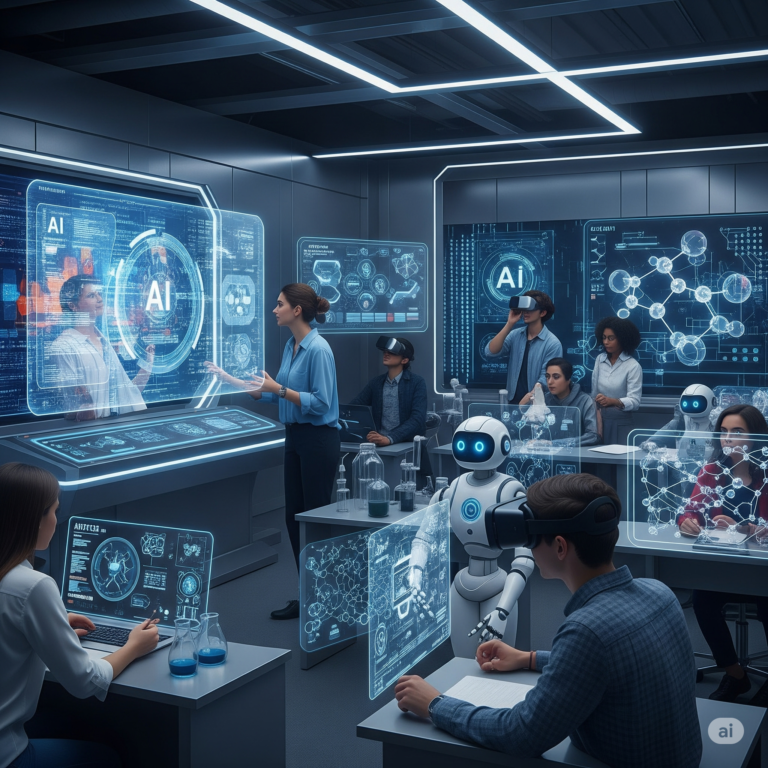
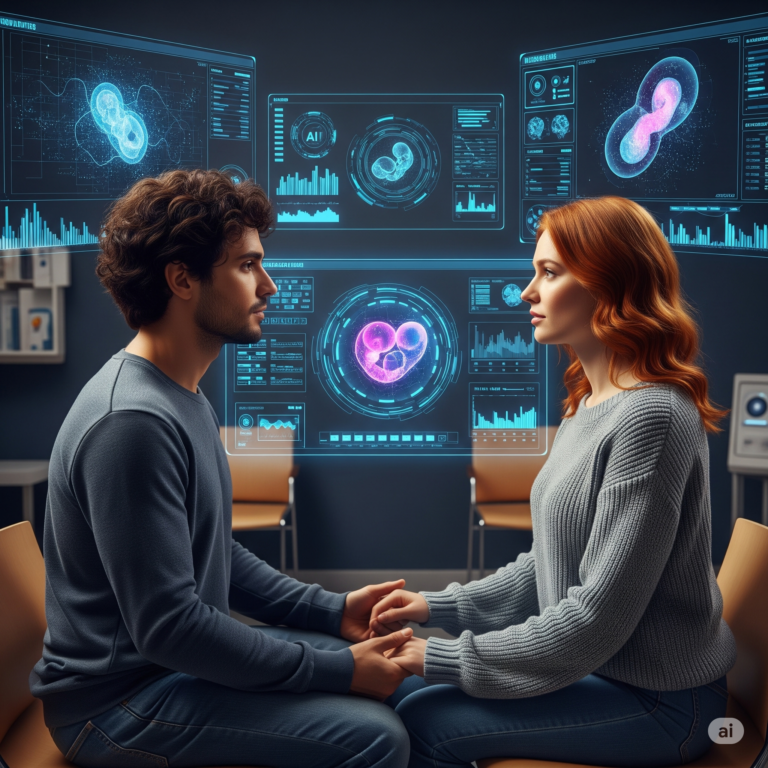
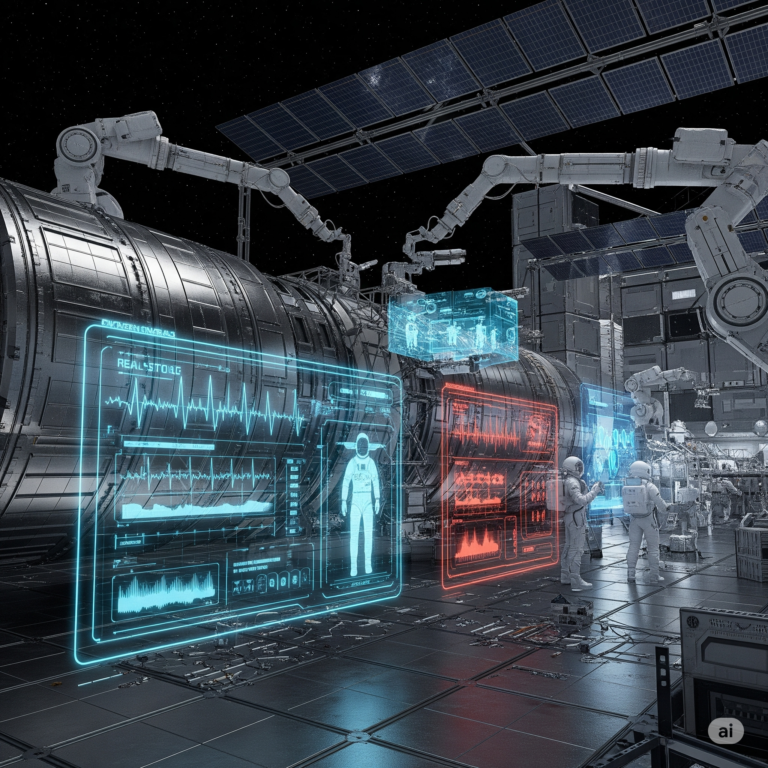
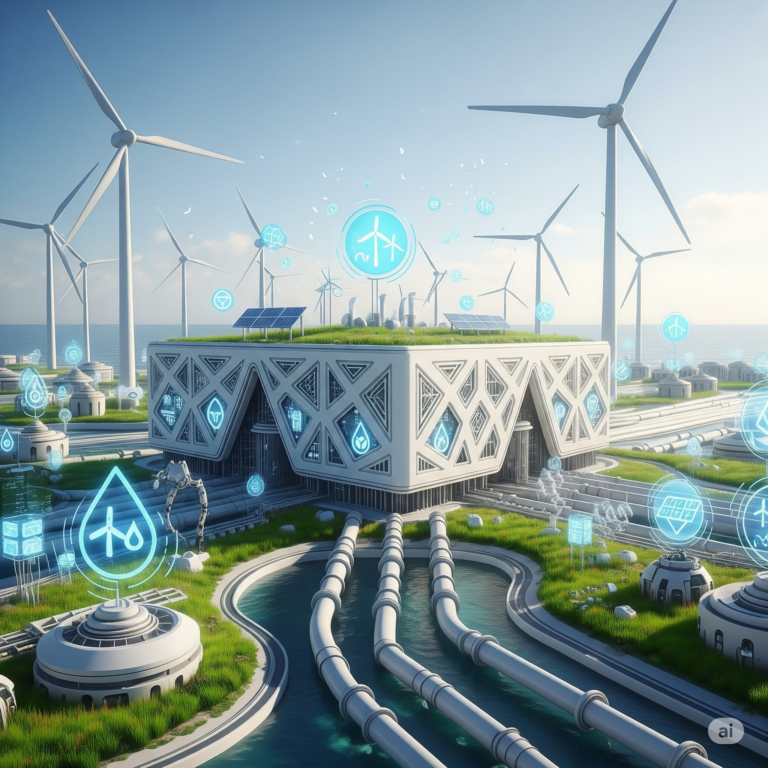
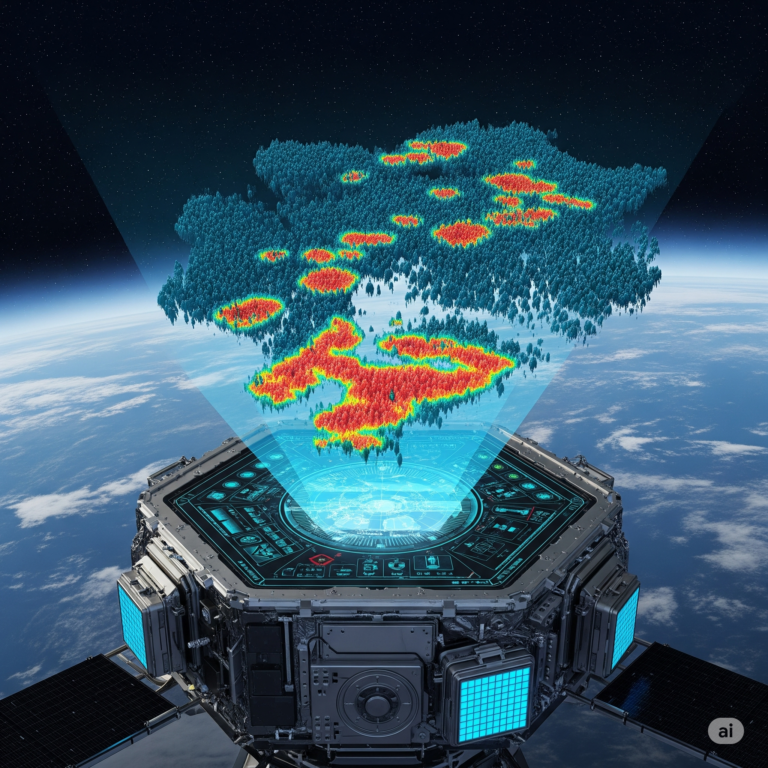
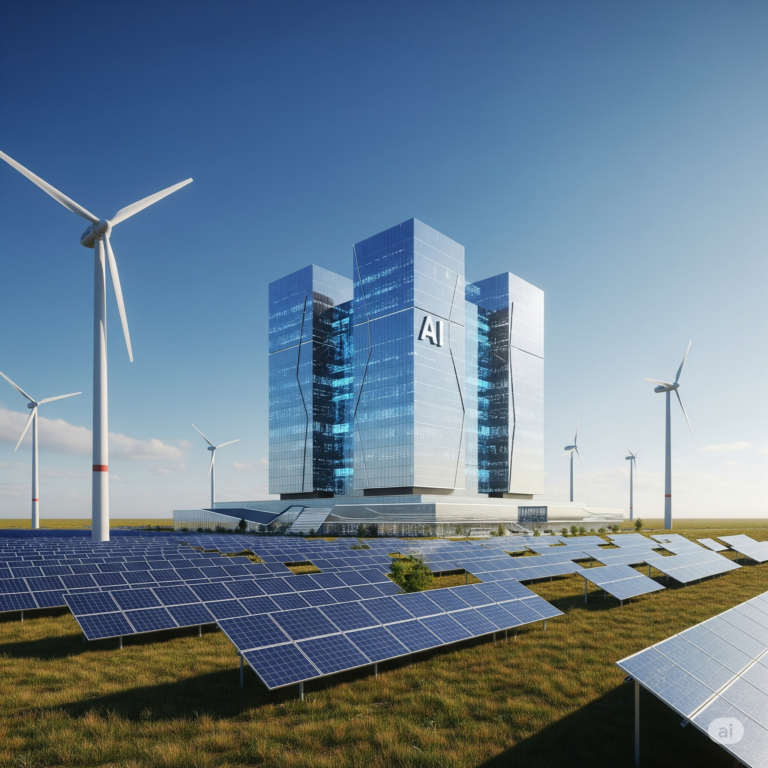
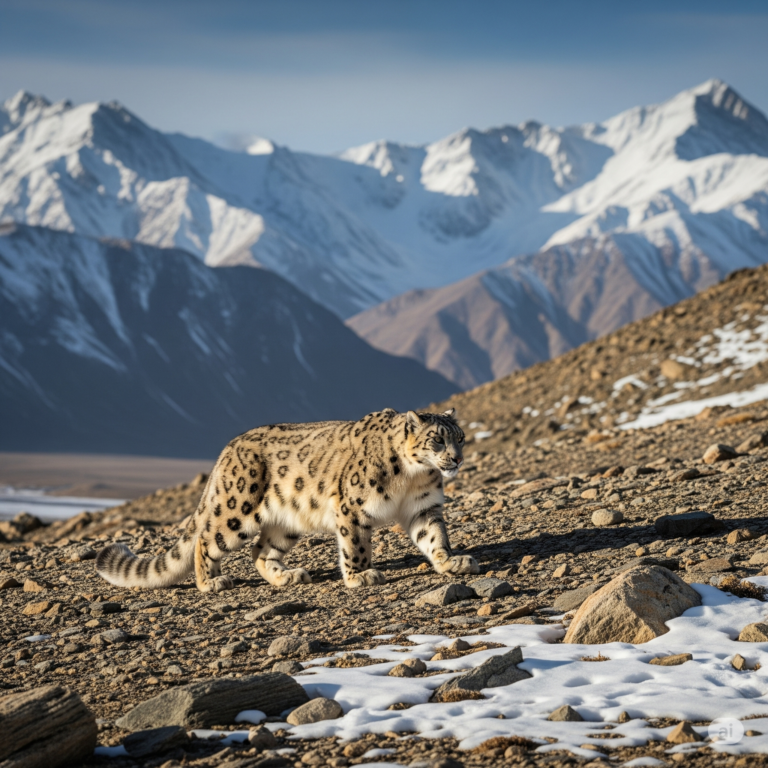
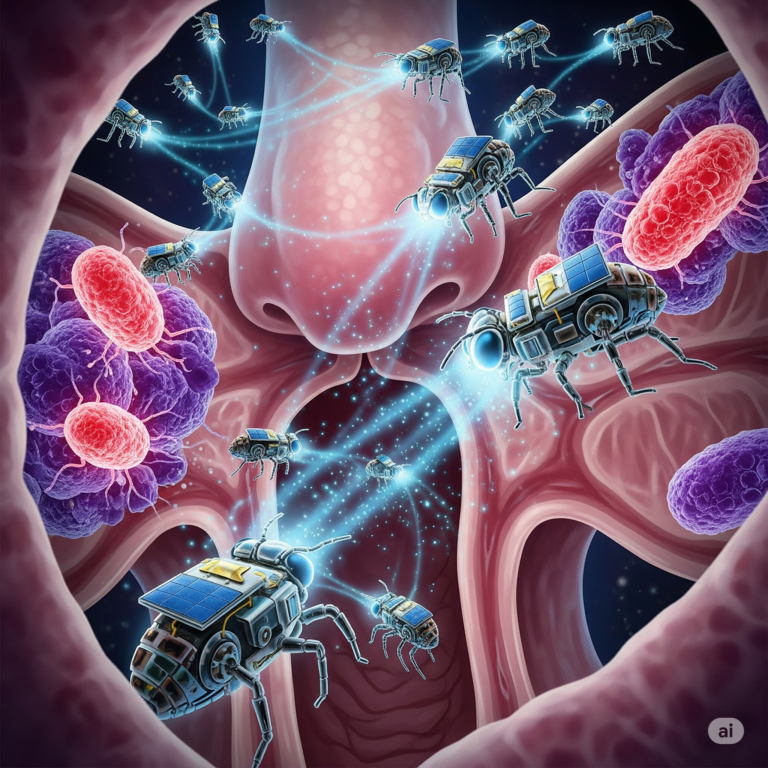
+ There are no comments
Add yours